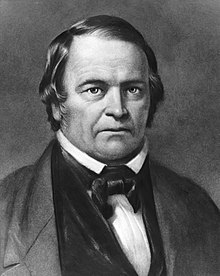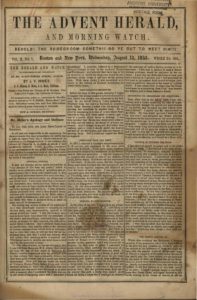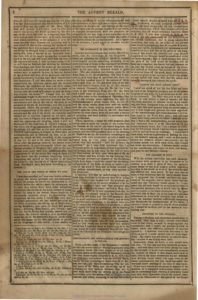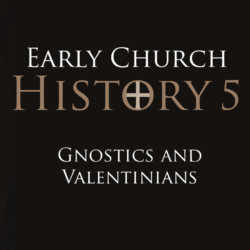
Raised in Low Hampton, NY in a Baptist home, William Miller’s parents taught him “to reverence the Scriptures as a revelation from God to man.”[1] However, when he encountered inconsistencies in the bible, he was unable to get good answers for his many questions. At twenty-two, he moved to nearby Poultney, Vermont where he fell in with some sophisticated thinkers who challenged Christianity’s teaching of a God who interacted with creation. After reading Voltaire and David Hume and Thomas Paine, Miller says, “I concluded the Bible was only the work of designing men; and I discarded it accordingly.”[1] He became a deist for twelve years, believing that God existed and had created the universe, but that he was distant and uninvolved in human affairs. In 1813, Miller fought in the battle of Plattsburg where 1,900 Americans faced off with 15,000 British. He wrote:
This morning, at ten o’clock, the British opened a very heavy destructive fire upon us, both by water and land; their Congreve rockets flew like hailstones about us, and round shot and grape from every quarter…Three of my men are wounded—by a shell which burst within two feet of me.[2]
After surviving this battle without a scratch, he returned to Low Hampton, NY and over the next few years began to doubt deism. Finally, in 1816 he converted back to Christianity, but then a friend challenged him how he knew the bible was true. To this, Miller replied “that if he would give me time, I would harmonize all these apparent contradictions, to my own satisfaction, or I would be a Deist still.”[3] This then set Miller on a quest that took two years to lay aside his presuppositions and diligently compare scripture with scripture, starting in Genesis and continuing verse by verse, not moving on until he was satisfied with his understanding of each verse. In the course of this study, he discovered the kingdom. He wrote:
I found it plainly taught in the Scriptures that Jesus Christ will again descend to this earth, coming in the clouds of heaven, in all the glory of his Father: that at his coming the kingdom and dominion under the whole heaven will be given to Him and the saints of the Most High, who will possess it for ever, even for ever and ever…all the affairs of our present state would be wound up; that all its pride & power, pomp and vanity, wickedness and oppression would come to an end; and that in the place of the kingdoms of this world, the peaceful and long desired kingdom of the Messiah would be established under the whole heaven…the glory of the Lord would be revealed, and all flesh see it together, the desert bud and blossom as the rose, the fir-tree come up instead of the thorn, and instead of the briar the myrtle-tree, the curse be removed from off the earth, death be destroyed, reward be given to the servants of God—the prophets and saints and them who fear his name, and those be destroyed that destroy the earth.[4]
All it took was someone with the courage to read through scripture without overlaying it with the various interpretive strategies that had developed over the centuries, and he came away with the kingdom! Miller then spent a great deal of time working out his own way of calculating the timing of the end, concluding that Jesus would come back in 1843, twenty-five years in the future. This prediction got the attention of a certain influential Boston pastor, Joshua Himes who published a great deal of Miller’s material, distributing his teaching about Christ’s return far and wide across the United States. After the disappointing passing of the date, along with several revisions, some of Miller’s followers returned to traditional churches while others began new groups, including Ellen G. White (The Seventh-Day Adventists), Jonathan Cummings (Advent Christian Church), John Thomas (Christadelphians), and Joseph Marsh (Church of God of the Abrahamic Faith). Although these groups continued to develop in their own directions, they all retained Miller’s discovery about Jesus’ second advent and so bear the label “Adventist” to this day.
[1] William Miller, “Mr. Miller’s Apology and Defence,” Advent Herald (Boston) vol. 10, no. 1, p. 1, August 13, 1845.
[2] William Miller, “Letter to Judge Stanley” from Fort Scott, September 11, 1814 in Sylvester Bliss, Memoirs of William Miller (Boston: Joshua V. Himes, 1853) p. 47.
[3] William Miller, “Mr. Miller’s Apology and Defence,” p. 1.
[4] ibid., p. 2.









Intellectual honesty rewarded. God does not hold back for us who want to know and search the scriptures diligently. Praise Yahweh most high!
Excellent read! Love learning about our history and especially about the Kingdom!
Thanks much for posting
Very interesting!
Seems like he led a lot of people astray claiming Jesus would return on a certain date when scripture claims no one knows the day nor the hour. Hard to believe his other claims were truthful when they also deviated from beliefs that stemmed back 2000 years to Christ and the disciples